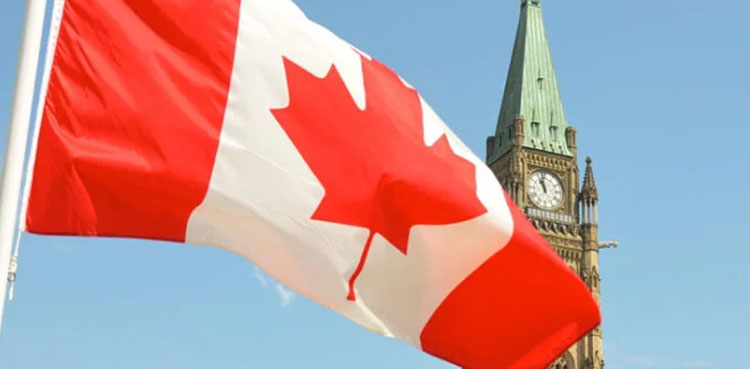
Canada is reducing by tens of thousands the number of temporary foreign workers it brings in, reversing some expansions to the program it made in 2022 as the government struggles to bring down numbers of temporary residents.
The temporary foreign worker program brings non-Canadians to the country to work on a short-term basis. Meant to fill labor shortages, it has grown dramatically and has come under fire for suppressing wages and leaving workers vulnerable to abuse, in part because of permits that tie workers to employers.
A UN special rapporteur called it “a breeding ground for contemporary forms of slavery.”
Prime Minister Justin Trudeau said his cabinet is also considering reductions to permanent resident streams. Trudeau has been lagging in polls ahead of an election expected next year as a growing share of Canadians say Canada is bringing in too many immigrants.
“We’re looking at the various streams to make sure that as we move forward, Canada remains a place that is positive in its support for immigration, but also responsible in the way we integrate and make sure there’s pathways to success for everyone who comes to Canada,” Trudeau told reporters Monday.
He said the government will present a broader plan on immigration levels this fall.
Canada has long prided itself on welcoming newcomers but its government is under pressure to reduce the number of temporary residents, which has grown dramatically in recent years.
The government has pledged more measures to reduce the temporary resident population to
5% of Canada’s total population in three years. Its share was 6.8% in April and the Bank of Canada has said it expected that number to rise.
Changes announced Monday would end low-wage temporary foreign workers in communities with unemployment at 6% or higher, reduce the share of employers’ workforces that can be low-wage temporary foreign workers to 10% and reduce the length of a low-wage temporary foreign worker permit to one year from two.
The changes exempt certain sectors including agriculture, food processing, construction and healthcare.
Combined with changes from earlier this year, the measures are expected to reduce the number of temporary foreign workers by about 65,000, Employment Minister Randy Boissonnault told reporters Monday.
The changes were “a great first step, but it’s only a first step” said economist and Smart Prosperity Institute senior director Mike Moffatt, who called for the low-wage stream to be abolished.
from ARY NEWS https://ift.tt/tCjR7Op
via IFTTT
Post a Comment